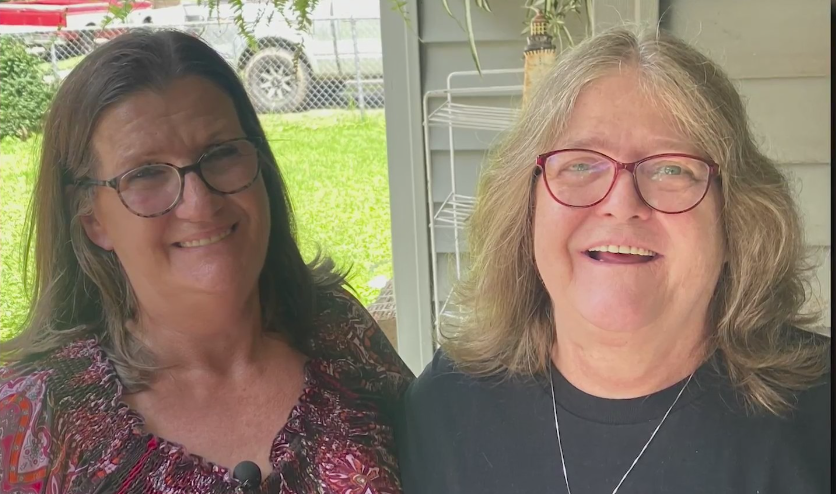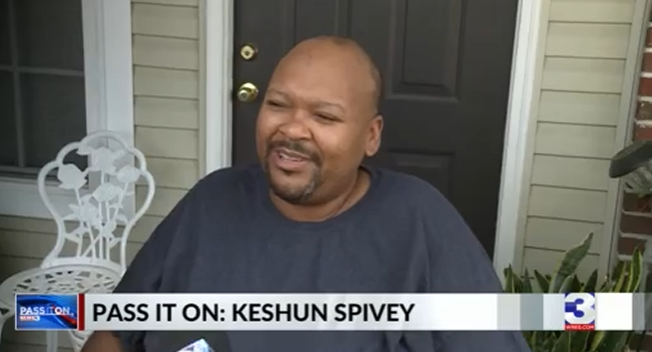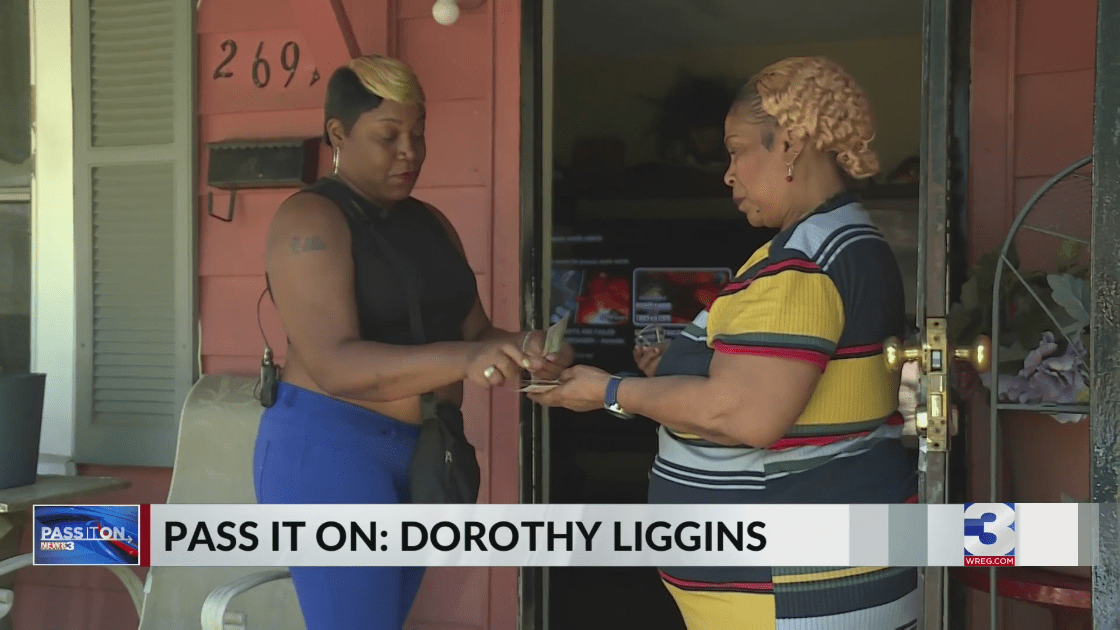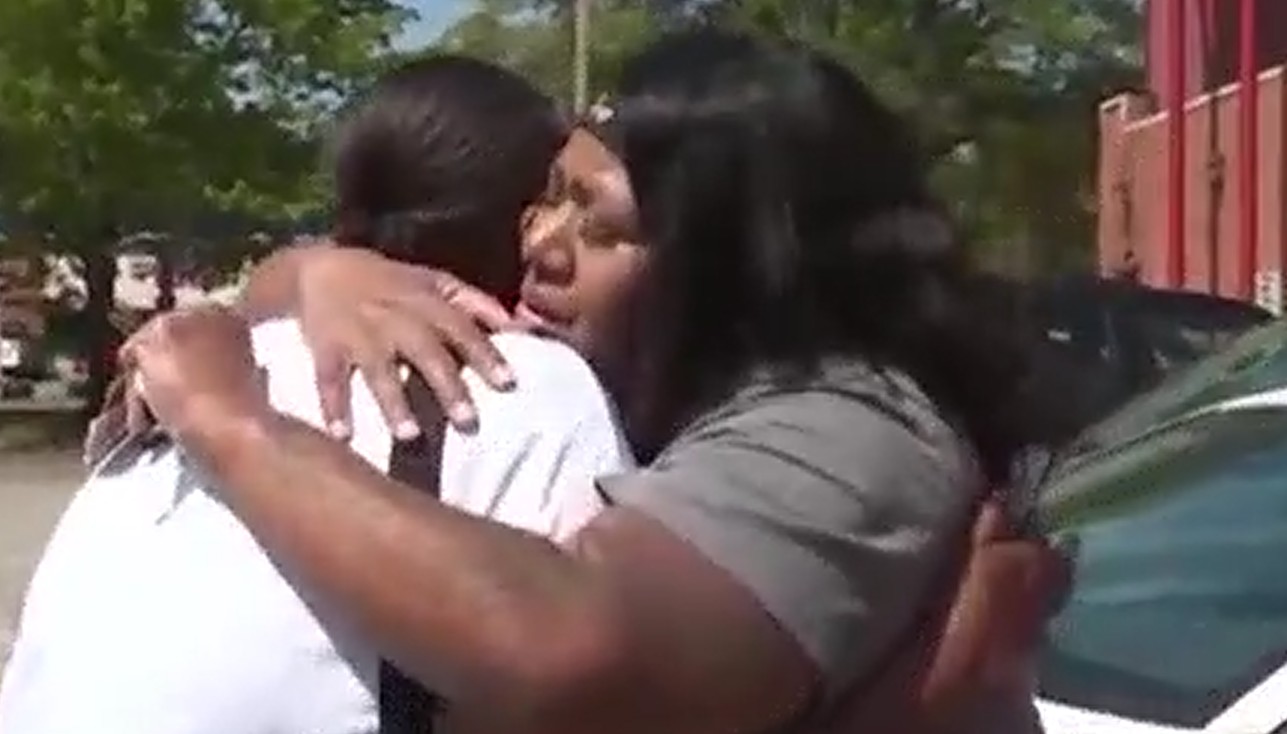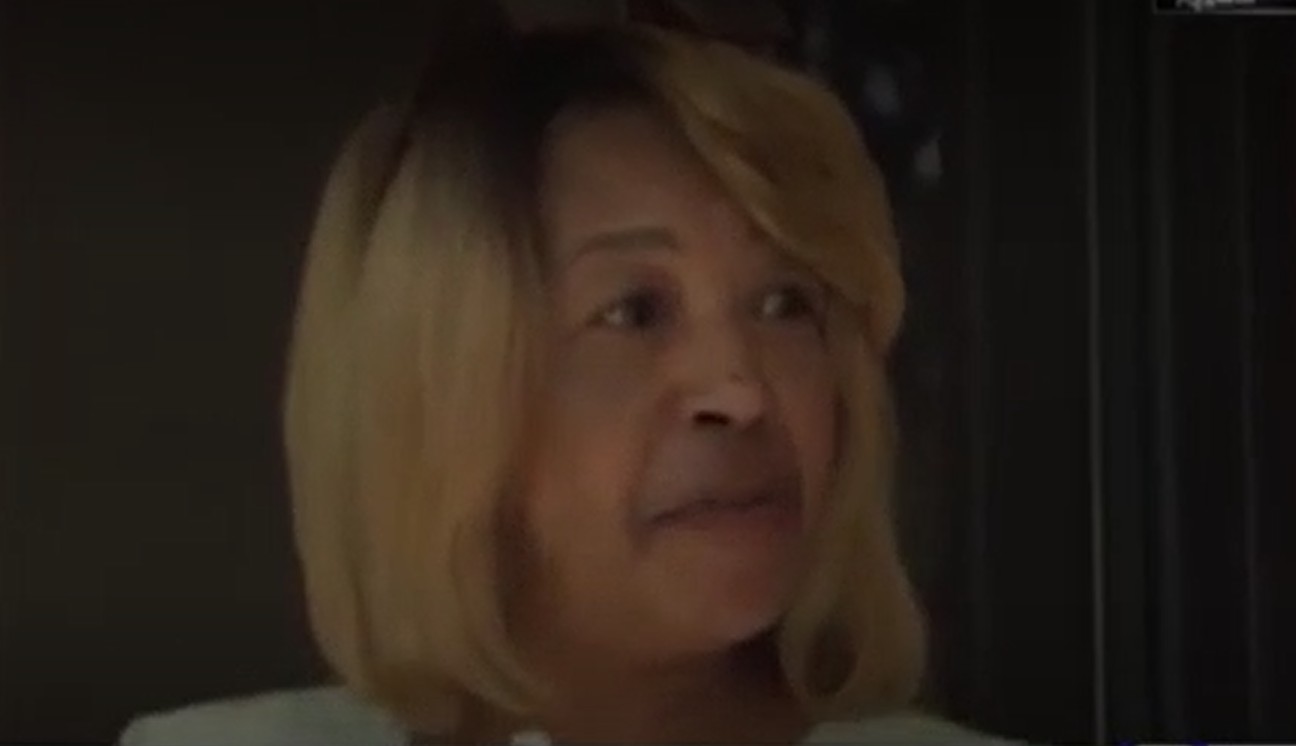LONDON (AP) — A former British paratrooper who was the only soldier ever charged in the 1972 Bloody Sunday massacre in Northern Ireland was acquitted Thursday of murder charges.
Judge Patrick Lynch ruled at Belfast Crown Court that prosecutors failed to prove that the veteran identified only as “Soldier F” had opened fire on unarmed civilians who were running to safety with intent to kill.
Relatives of the victims and those supporting the former paratrooper gave no visible or audible response to the verdict.
Soldier F had pleaded not guilty to two counts of murder for the deaths of James Wray, 22, and William McKinney, 27, and five counts of attempted murder for the shootings of Joseph Friel, Michael Quinn, Joe Mahon, Patrick O’Donnell, and for opening fire at unarmed civilians on Jan. 20, 1972.
While the judge in the nonjury trial said that the evidence presented against the veteran fell well short of what was required for conviction, he said that soldiers from the Parachute Regiment on duty that day “had totally lost all sense of military discipline.”
“Shooting in the back unarmed civilians fleeing from them on the streets of a British city,” he said. “Those responsible should hang their heads in shame.”
But because there was no concept of “collective guilt” in the courts, he said that he wasn’t able to issue a guilty ruling.
He said that the sole evidence against Soldier F was from two other veterans, Soldiers G and H, one of whom is deceased, and that there were difficulties in relying on it.
“Their statements, the sole and decisive evidence, cannot be tested in a way that witnesses giving evidence from the witness box would be,” he said. “Delay has, in my view, seriously hampered the capacity of the defence to test the veracity and accuracy of the hearsay statements.”
The verdict, which reflected the weak evidence prosecutors had to rely on, was a blow to families of victims who have spent more than a half-century seeking justice.
The former lance corporal had been charged with two counts of murder and five counts of attempted murder. Prosecutors said that he fired at fleeing demonstrators in Londonderry, also known as Derry, when 13 people were killed and 15 others were wounded in the deadliest shooting of the period known as “The Troubles.”
The event has come to symbolize the conflict between mainly Catholic supporters of a united Ireland and predominantly Protestant forces that wanted to remain part of the United Kingdom. The killings were a source of shame for a British government that had initially claimed that members of a parachute regiment fired in self-defense after being attacked by gunmen and people hurling firebombs.
While the violence largely ended with the 1998 Good Friday peace accord, tensions remain. Families of civilians killed continue to press for justice, while supporters of army veterans complain that their losses have been downplayed and that they have been unfairly targeted in investigations.
Soldier F, who was shrouded from view in court by a curtain throughout the five-week trial, didn’t testify in his defense and his lawyer presented no evidence. The soldier told police during a 2016 interview that he had no “reliable recollection” of the events that day, but was sure he had properly discharged his duties as a soldier.
Defense lawyer Mark Mulholland attacked the prosecution’s case as “fundamentally flawed and weak” for relying on soldiers he dubbed “fabricators and liars,” and the fading memories of survivors who scrambled to avoid live gunfire that some mistakenly thought were rounds of rubber bullets.
Surviving witnesses spoke of the confusion, chaos and terror as soldiers opened fire and bodies began falling after a large civil rights march through the city.
The prosecution relied on statements by two of Soldier F’s comrades — Soldier G, who is dead, and Soldier H, who refused to testify. The defense tried unsuccessfully to exclude the hearsay statements, because they couldn’t be cross-examined.
Prosecutor Louis Mably argued that the soldiers, without justification, had all opened fire, intending to kill, and thus shared responsibility for the casualties.
A formal inquiry cleared the troops of responsibility, but a subsequent and lengthier review in 2010 found soldiers shot unarmed civilians fleeing and then lied in a cover-up that lasted for decades.
Then Prime Minister David Cameron apologized and said that the killings were “unjustified and unjustifiable.”
The 2010 findings cleared the way for the eventual prosecution of Soldier F, though delays and setbacks kept it from coming to trial until last month.

